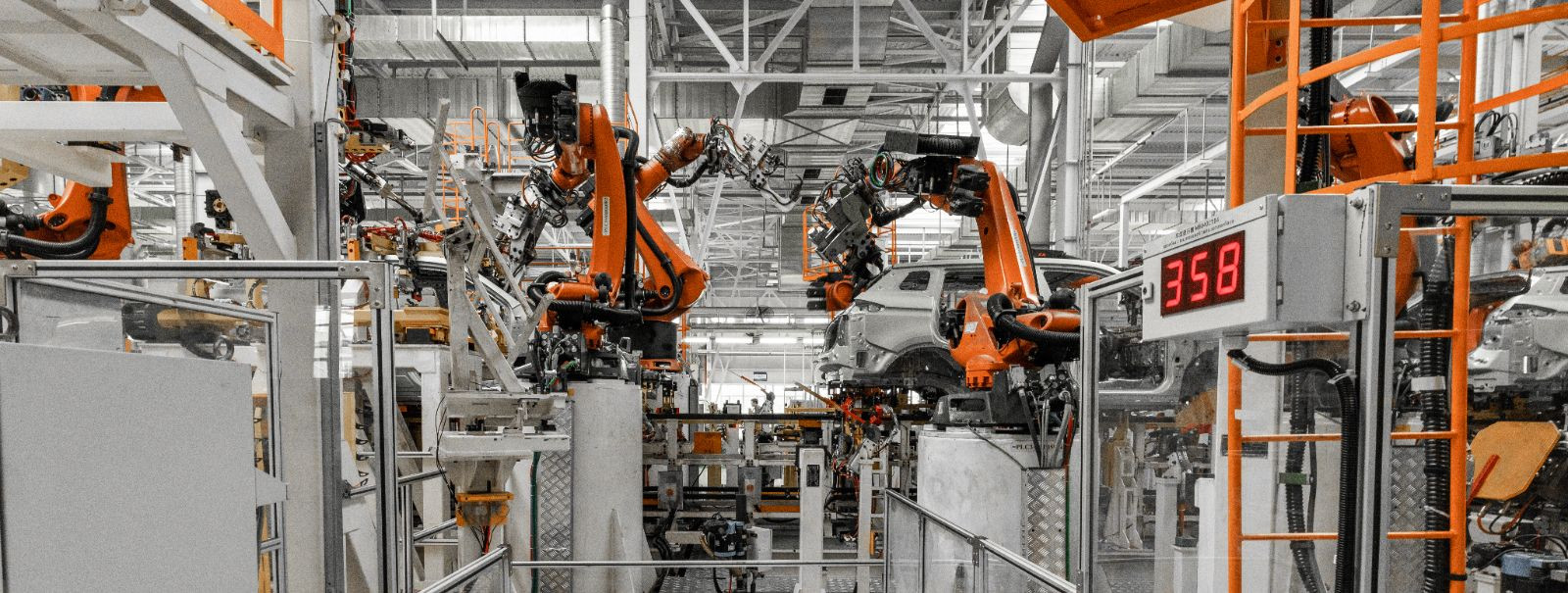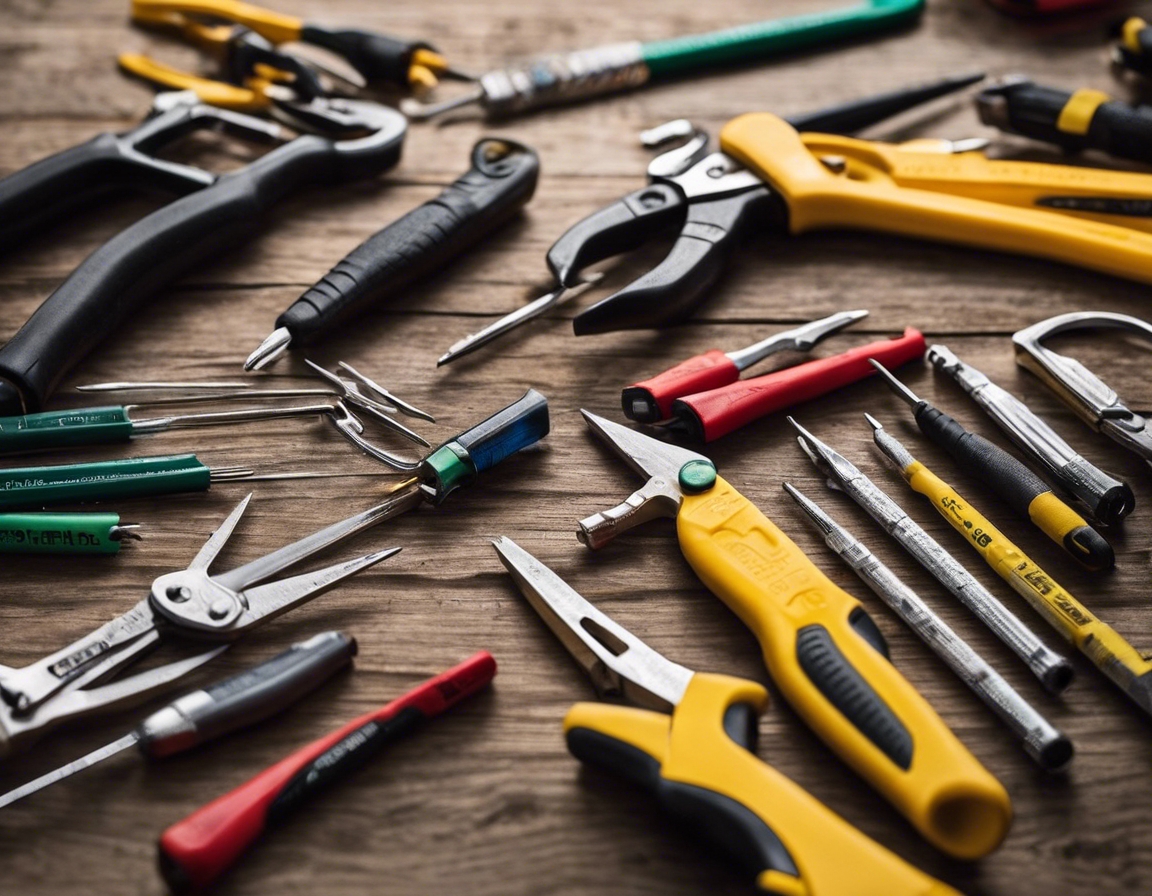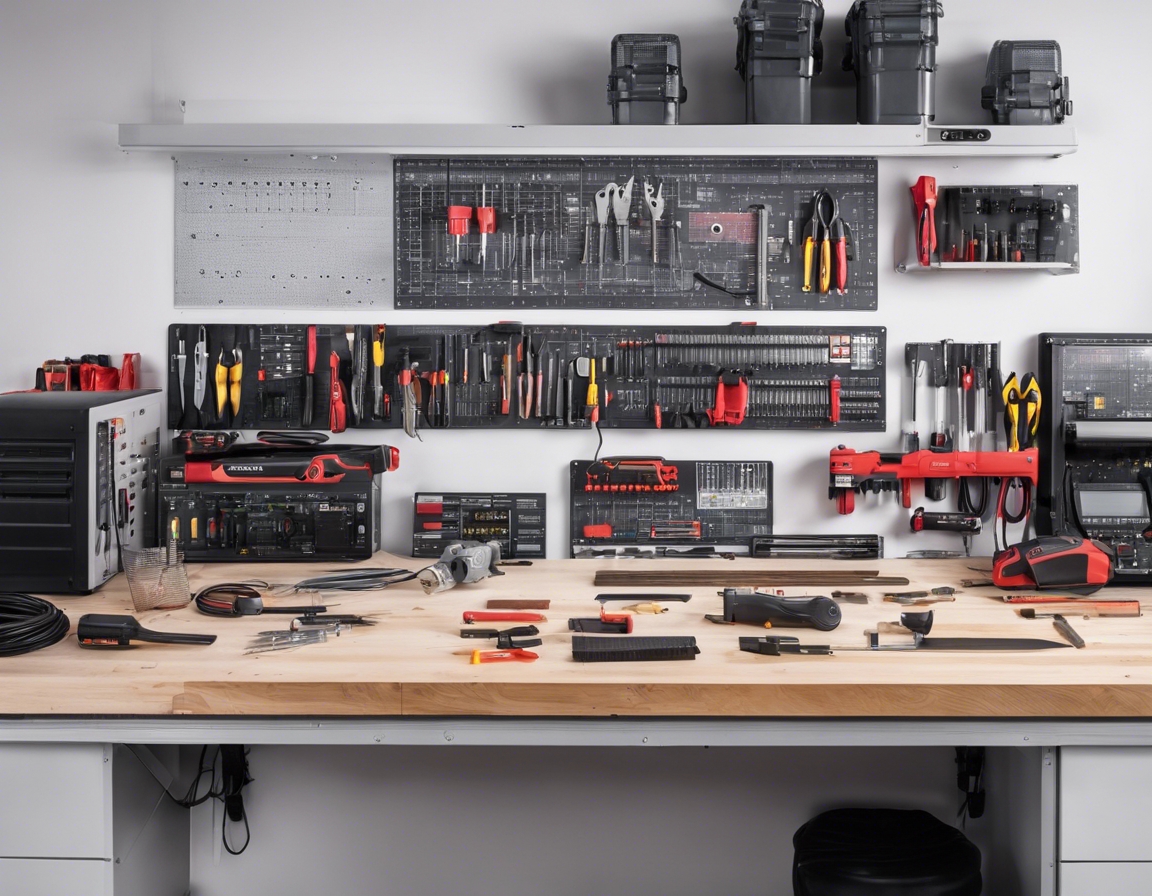The future of factory automation: trends to watch
Factory automation has revolutionized the way we manufacture goods, leading to significant improvements in efficiency, quality, and safety. As technology continues to advance, the landscape of factory automation is poised for further transformation.
From the first assembly lines to today's sophisticated automated systems, factory automation has come a long way. The journey has been marked by continuous innovation, with each advancement paving the way for the next.
Today, automation is a critical component of modern manufacturing processes. It encompasses a range of technologies, including robotics, control systems, and information technologies, all working in concert to optimize production.
Emerging Trends in Factory Automation
AI is set to take factory automation to new heights, with smart algorithms capable of optimizing production processes, predictive maintenance, and decision-making in real-time.
IoT devices are becoming ubiquitous in the industrial sector, enabling unprecedented connectivity and data exchange between machines and systems.
Robots are becoming more autonomous, flexible, and intelligent, capable of performing complex tasks with minimal human intervention.
Manufacturers are leveraging big data and analytics to gain insights into their operations, allowing for more informed decision-making and improved process efficiencies.
Cobots are designed to work alongside humans, enhancing productivity and safety within the manufacturing environment.
3D printing is revolutionizing prototyping and production, enabling the creation of complex parts with reduced waste and lead times.
As environmental concerns grow, factories are adopting greener practices and technologies to reduce their carbon footprint and conserve resources.
HMIs are becoming more intuitive and user-friendly, bridging the gap between human operators and complex automation systems.
The demand for customized and personalized products is driving the need for more flexible and adaptable manufacturing systems.
Implications for Industries and Workforce
The rise of automation is reshaping the workforce, necessitating new skills and approaches to employment in the manufacturing sector.
Different industries are experiencing the impact of automation in unique ways, requiring tailored solutions to harness its full potential.
Automation technologies are playing a key role in improving workplace safety and ensuring regulatory compliance.
Preparing for the Future
For businesses to thrive in the era of automation, strategic planning and investment in the right technologies are essential.
Organizations must foster a culture of continuous learning to keep pace with technological advancements and remain competitive.
Collaboration between technology providers, manufacturers, and educational institutions is crucial for driving innovation and preparing the workforce for the future.






Comments (0)